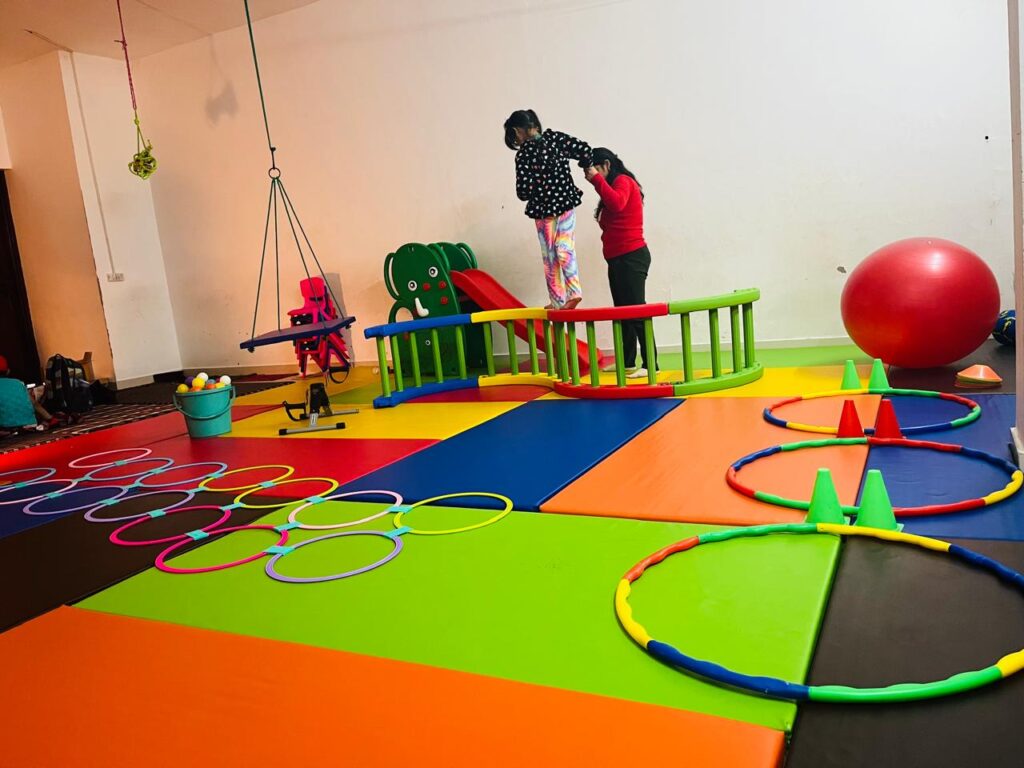Occupational Therapy

Occupational Therapy: Unlocking Potential and Enhancing Lives
Occupational therapy (OT) is a vital healthcare profession that empowers individuals to overcome physical, cognitive, or mental challenges, enabling them to lead fulfilling and independent lives. This holistic approach focuses on developing, recovering, or maintaining daily living and work skills.
What is Occupational Therapy?
Occupational therapy is a client-centered practice that helps individuals develop the skills necessary for daily living, social participation, and productivity. OTs work with patients to identify and address barriers that hinder their ability to engage in meaningful activities.
Benefits of Occupational Therapy
1. Improved daily living skills: OTs help individuals develop skills for self-care, household management, and community participation.
2. Enhanced cognitive function: OTs address cognitive impairments, such as memory, attention, and problem-solving.
3. Increased independence: OTs promote autonomy and self-reliance.
4. Better social interactions: OTs facilitate social skills development and community integration.
5. Improved mental health: OTs address anxiety, depression, and stress management.
Who Can Benefit from Occupational Therapy?
1. Children: With developmental delays, autism, or physical disabilities.
2. Adults: With physical or cognitive impairments due to injury, illness, or aging.
3. Older adults: With age-related conditions, such as dementia or arthritis.
Occupational Therapy Interventions
1. Assessment: Identifying strengths, limitations, and goals.
2. Activity analysis: Breaking down tasks into manageable components.
3. Adaptive equipment: Using assistive devices to enhance independence.
4. Cognitive training: Improving memory, attention, and problem-solving.
5. Sensory integration: Managing sensory processing difficulties.
Settings for Occupational Therapy
1. Hospitals
2. Rehabilitation centers
3. Schools
4. Private practices
5. Community centers
Conclusion
Occupational therapy plays a vital role in enhancing the quality of life for individuals with physical, cognitive, or mental challenges. By addressing daily living skills, cognitive function, and social interactions, OTs empower individuals to reach their full potential and lead fulfilling lives.